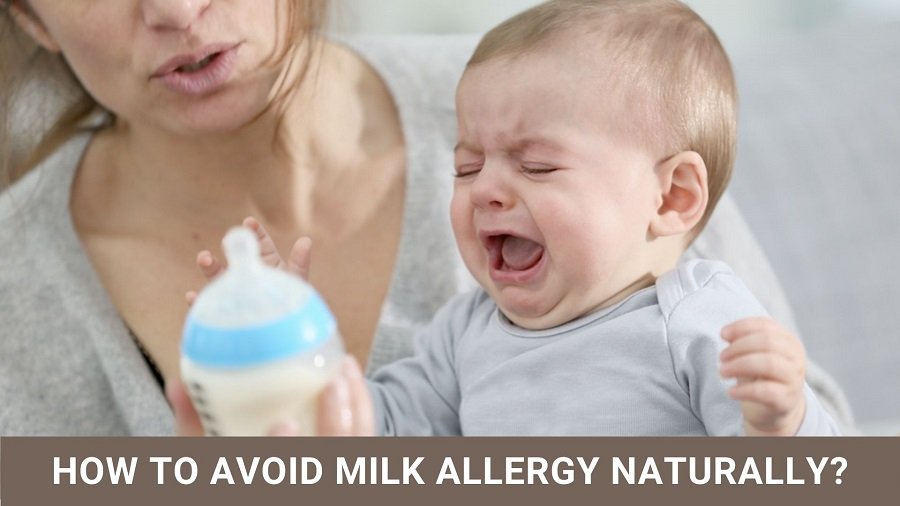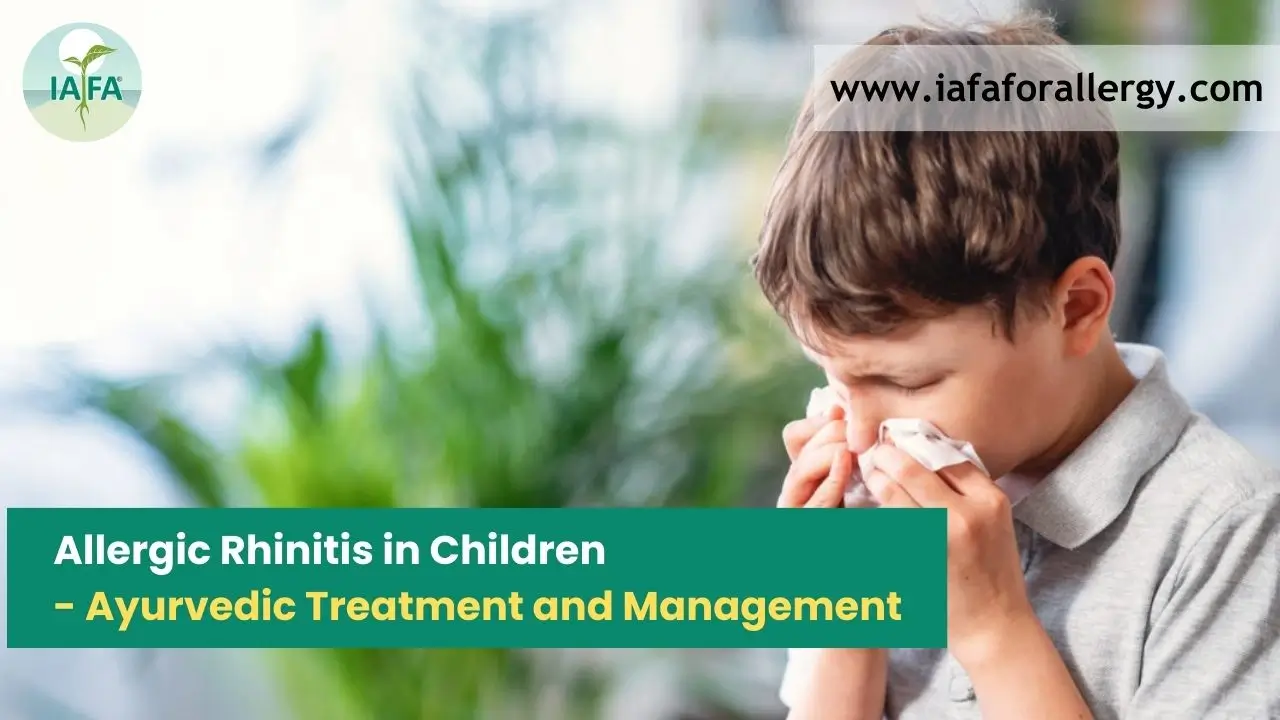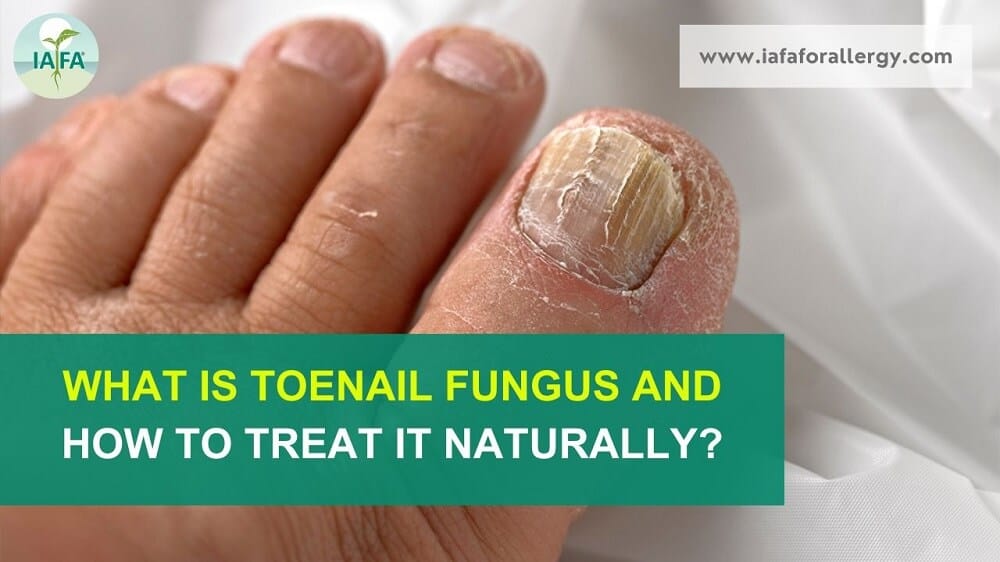Overview
Milk allergy is one of the most common food allergies among children. It is caused due to an abnormal response of the body’s immune system to milk and its byproducts. Cow’s milk is usually the most common source of a Cow’s milk allergy, but milk from buffalo, sheep, and goats may also trigger allergic reactions in people who are sensitive to milk.
Milk allergies usually persist until childhood and most children outgrow them barring a few exceptions, who may consequently have to avoid milk and its products to avoid milk allergy.
An allergic reaction to milk triggers symptoms soon after the consumption of milk or its by-products. These symptoms may range from mild to severe and include hives, vomiting, wheezing, stomach cramps, and other digestive problems.
Precautionary Tips to Avoid Milk Allergy Naturally
Precautionary tips that can help to avoid milk allergy are:-
- Milk allergy can surely be prevented by avoiding foods that are made with milk or by avoiding the direct consumption of milk.
- Always check food labels to ensure the foods that you purchase are free from the list of ingredients or hidden sources mentioned above when purchasing groceries.
- When dining outside, make sure you highlight your allergy to the server and cross-check if you have any doubt about the dishes on the menu or what you’re eating.
- Even if a food is labeled as dairy or lactose-free, be sure to cross-check if the product contains any hidden sources, or to be the safest contact the manufacturer.
- If you’re breastfeeding, completely avoid the consumption of milk, dairy products, or any of their by products to avoid the chances of the protein reaching your baby while breastfeeding.
- If your baby is milk allergic, try soy-based formula milk which is high in nutrition and a good substitute for milk.
Conclusion
Milk allergies can be hard to handle, especially if they cause complications and life-threatening symptoms. Precautionary tips that are explained above are very helpful in avoiding milk allergy naturally. In case you feel the need to contact an ayurvedic expert to treat your allergic condition, you can contact IAFA®.








